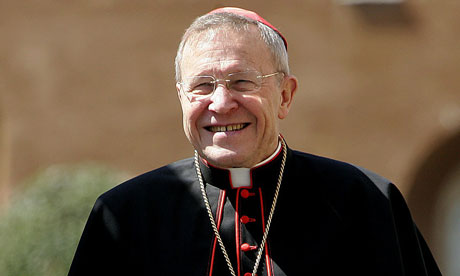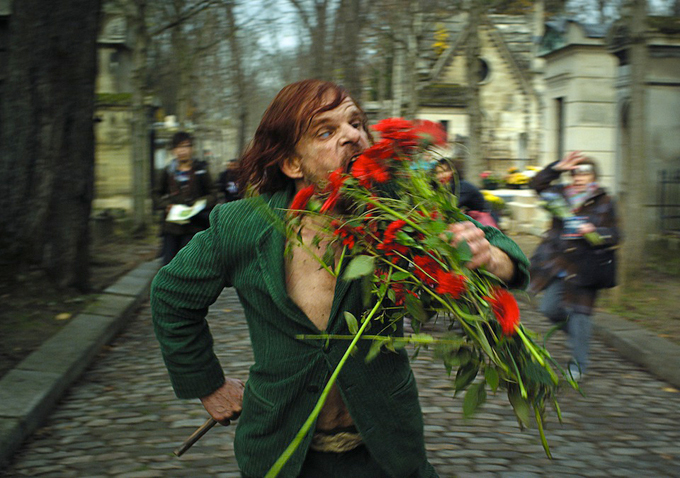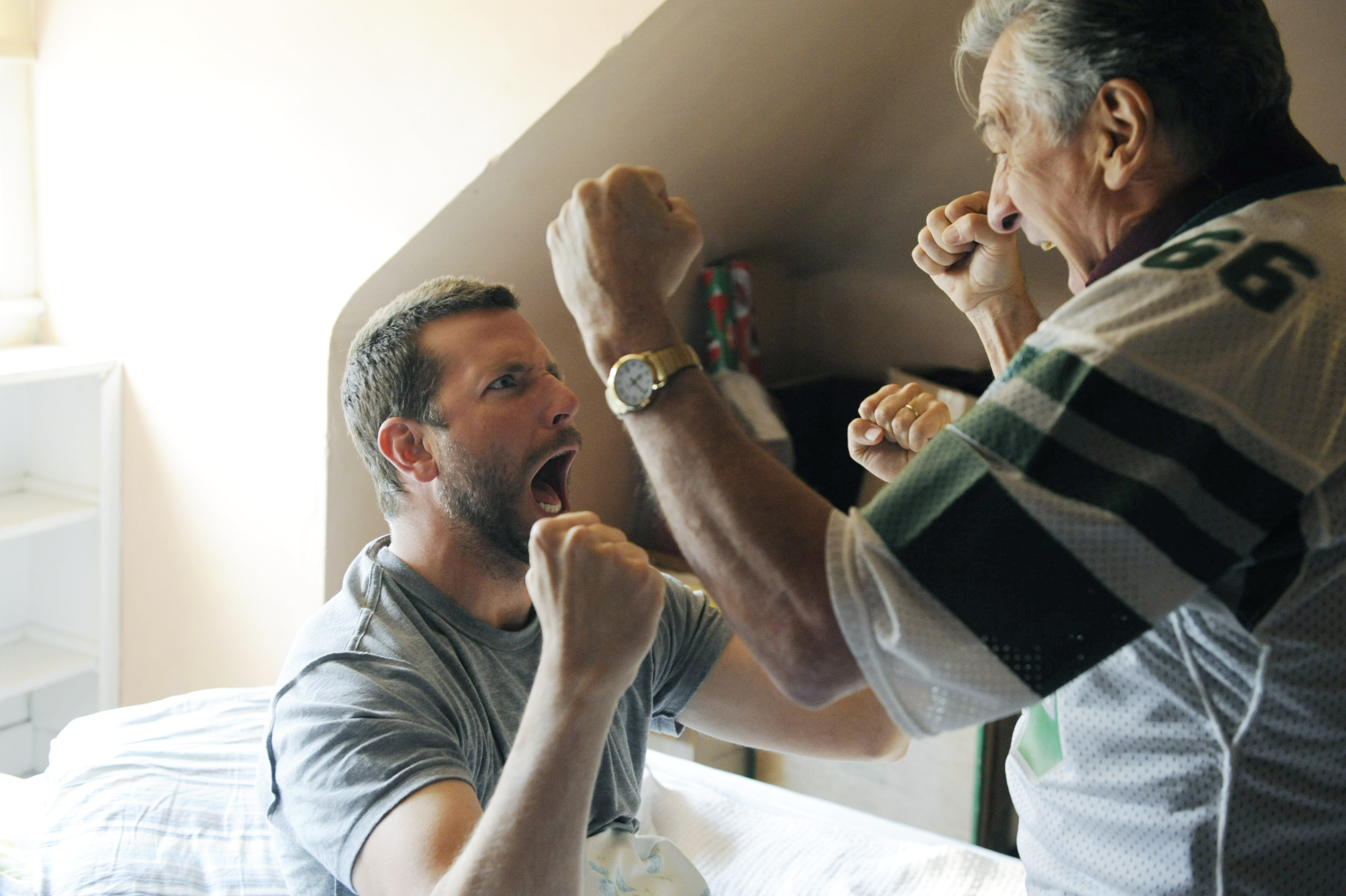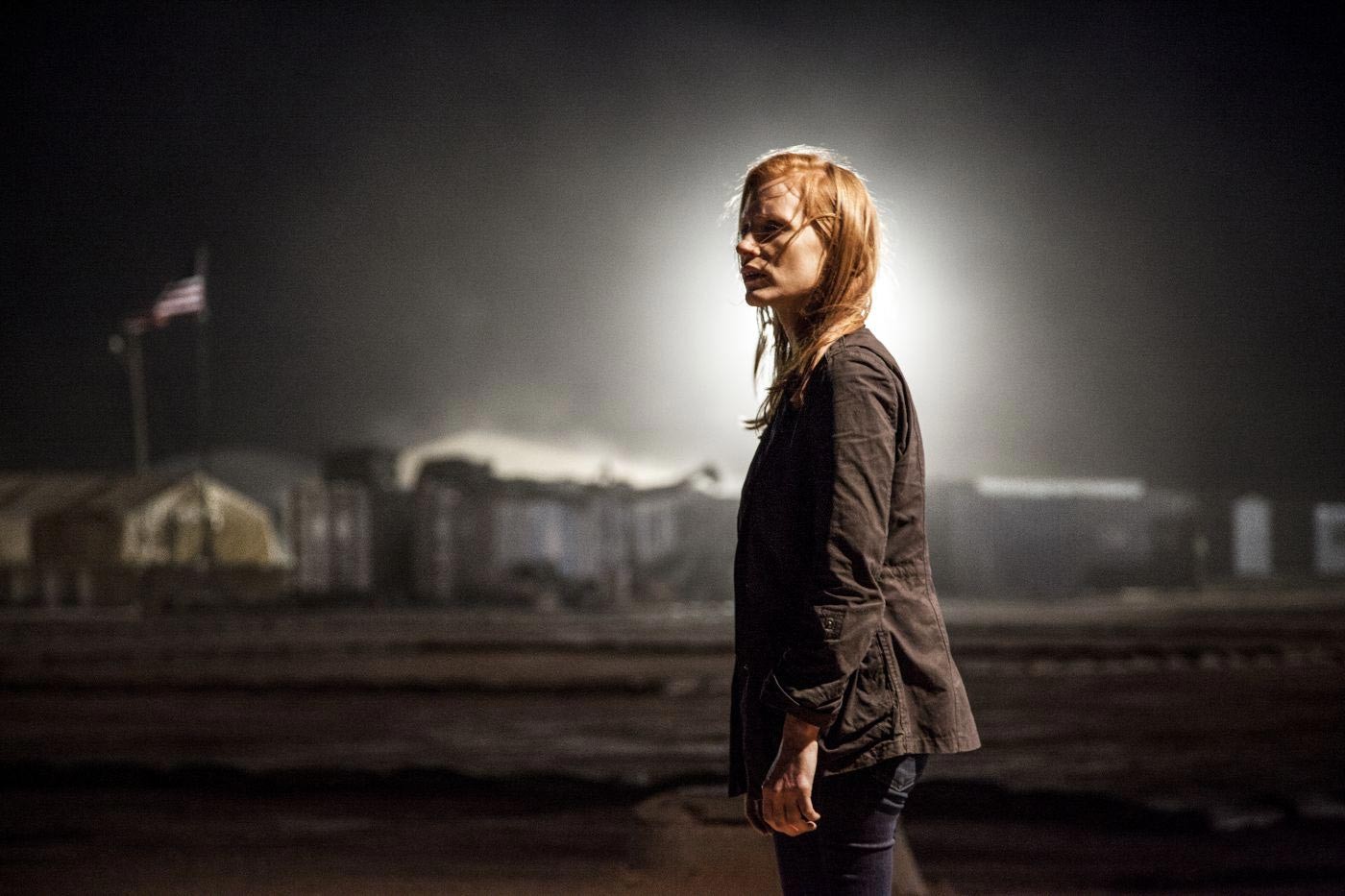"MGM's riotous romance!", and also one of the most chaotic, sloppy narratives I've seen... hilariously inept. Most of the film is made up of elaborate setups, much like other screwball comedies, but instead of witty hijinks, we get frustrating, dragged out flops.
A conference in San Francisco has small-town mayors from all over the country convening. Gable plays the rough-and-tuble former pier worker and mayor of an industrial city, and Young plays the eloquent, educated mayor of Winona, Maine, population just over 30 000. They meet, shenanigans ensue, they fall in love, misunderstandings split them up, the reunite. Ta-dah!
The formula is simple and classic. Many enjoyable films follow the same steps, each with a different set of twists. But these twists? Oh boy.
Just one of the bizarre high-concept setups: Gable is decked out in a Little Boy Blue outfit for a costume ball, which his fire chief --Frank Morgan in his final performance-- got for him. He gets locked out of his room, searches for some staff, gets exposed, some homophobic gestures, the standard. Soon he's outside, hiding his outfit under a trench coat, but his bare legs visible. He then meets Young, dressed as a little girl complete with blonde curly wig and Madeline hat.
Yes, really.
Screwball romantic dialogue ensues. A police office then stumbles upon the two, mistaking it for "soliciting a child". Gable tries to explain that it's not what it appears to the man, who they still don't realize is actually a cop. But Young wants to be snarky, and decides to play along:
"The big man pinched me!"
And thus they end up in jail.
For the second time.
How about their take on the man-woos-hard-to-get-woman: one of the worst 'love scenes' I have come across. In pea-soup fog on a Telegraph Hill bench, Gable creepily nudges closer and closer to Young as she scuttles away. He romantically lays his head next to her and tries to woo her, as she tries to act graceful and ignorant of his approaches... while looking clearly uncomfortable. Like, actually scared. The doe-eyed music suggests romance, but with a more ominous score...
MURDER.
It really is a shame, because the basic storyline is a good one, and the paring of Gable and Young --real life lovers, remember?-- is a crackling one. They have genuine chemistry, although Gable seems to find the whole preceding a little bit silly.
Raymond Burr is his creepy self, complete with switchblade and 'stache, playing a corrupt city official. I need to see more of this guy, because I always find him just deliciously villainous. Marilyn Maxwell is quite the bombshell in her role as exotic dancer (doing the 'Atom dance', in which she dances around covered in balloons that she pops strategically), and even gets to fight with Young in a bizarre scene.
And to leave off, some good old-fashioned racial caricatures. A small Chinese boy walks around the police station, chanting "Lychee nuts! Chinese lychee nuts!" in a heavily accented voice, attempting to sell some to the Chief. And because he's Chinese, he has to be a shrewd little bugger, right? He bites down on a coin to check if it's real. He tries to swindle the Chief of some money. All while being oh-so-cute and Chinese! Awwwww!
C-
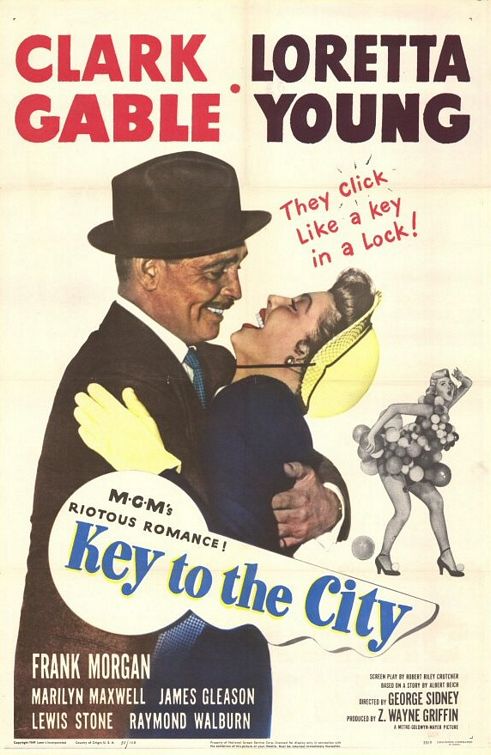







.jpg)




